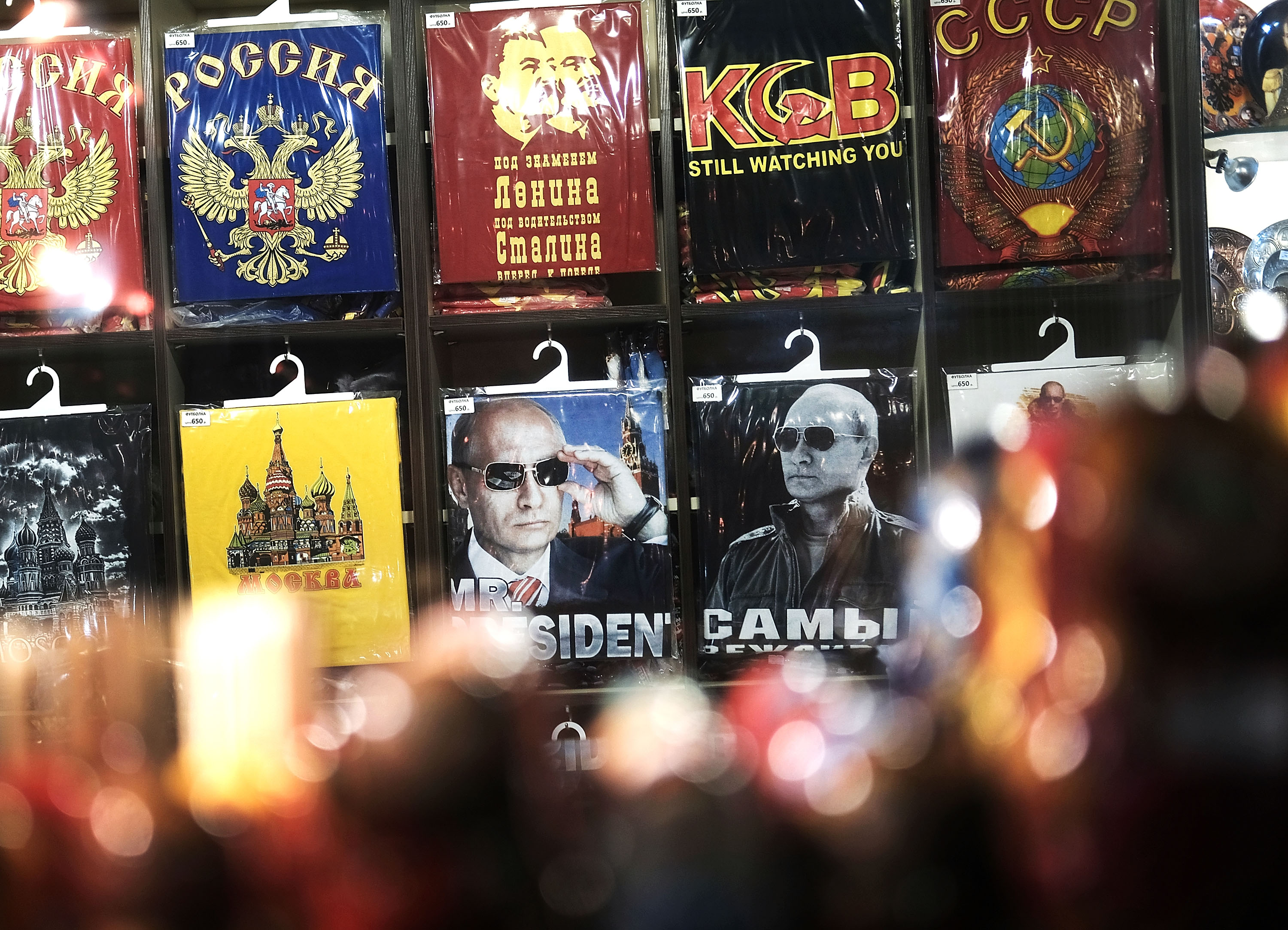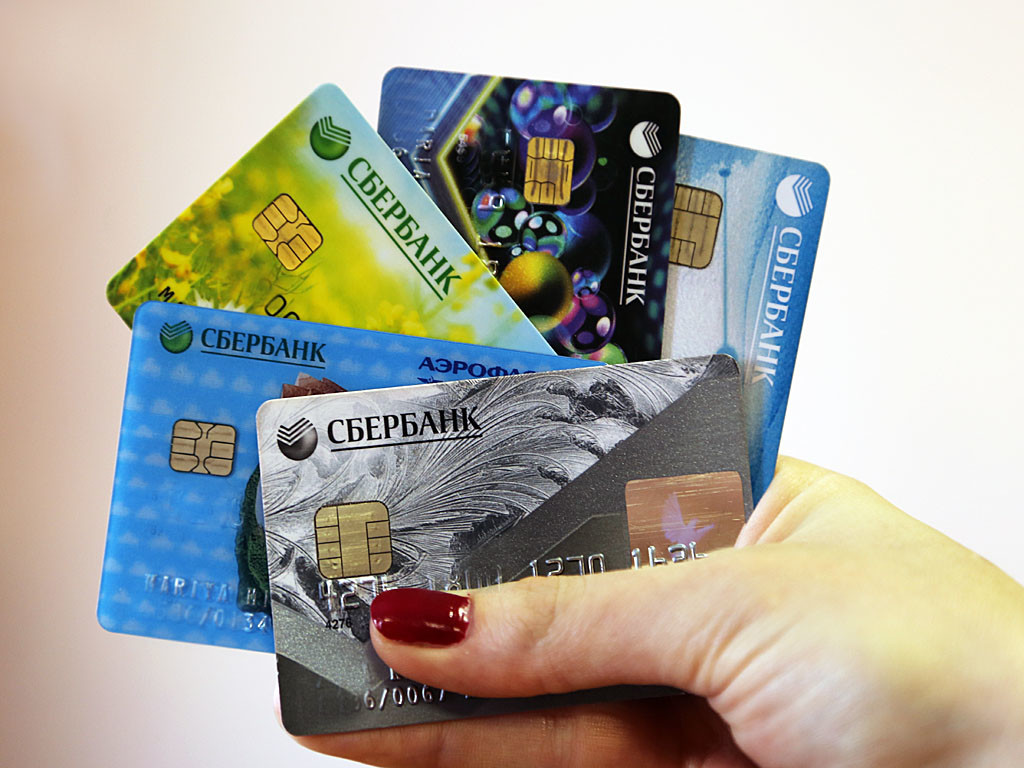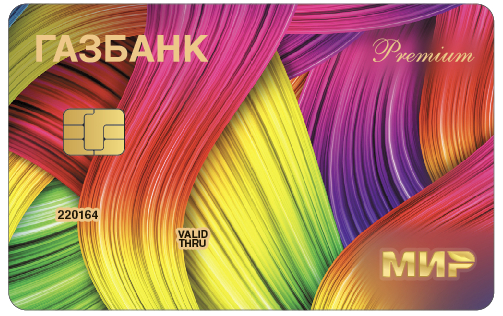Text: Žikica Milošević
After the latest set of sanctions was imposed against Russia by the U.S., many in the EU, and not only businesspeople, became allergic and itchy. Sometimes too much is just too much, and after this unprecedented move was called “a stampede” – by no less than The Washington Post… Oh yes! Let me quote it: “The House passed the legislation 419 to 3; the Senate voted 98 to 2. That’s the congressional version of a stampede.” Not only is this going to harm the European economy, but it also damages America’s authority and raises questions over the sanity of its policy. Former secretary of the treasury Jacob Lew noted the U.S.’s growing tendency to use sanctions as a cure-all in foreign policy. By limiting access to U.S. financial markets in order to punish countries for behaviour that the U.S. doesn’t like, the sanctions tool ultimately risks undermining the primacy of the dollar and U.S. financial institutions. It all backfires in the end.

AGAINST THE PEOPLE, NOT THE LEADERS
Of course, being from Serbia, all the people here reacted in disgust. We were the first to feel the impact of such sanctions, and let me tell you that those sanctions only made us angrier, less prone to dialogue, creating several generations of young people born in the ‘90s who are isolationists and fierce nationalists; it damaged our ability to become an EU member with our full economic capacity, rendering us permanently unstable. And the government that the sanctions were intended to hurt? It didn’t feel them. If there aren’t enough resources, the government’s members will be fed first. Also, if in the ‘90s they wanted sanctions to stop Serbia from waging wars, well, I’ll have to disappoint you by informing you that the Army was a priority, just as it is today in North Korea. You think you will hurt Kim’s army or Kim’s party? Nope! They will be fine – just like Saddam in Iraq. The army and politicians will remain intact, but the children and the people, the ordinary people, will suffer enormously.

STRENGTHENING THE ENEMY
The Cuban government would have long since collapsed if there were no sanctions against Cuba. Milošević would have been ousted long before 2000 if sanctions hadn’t been imposed. Sanctions always strengthen the enemy, as the people tend to gather around the leader and blame foreigners and their sanctions for their bad life, and not the leader himself. You may call it an example of the Stockholm syndrome, but it is so. Moreover, as the Russian example shows, it also wakes people up. Russia effectively destroyed its agriculture in the ‘90s, becoming heavily dependent on food imports from the Baltic States and Poland, but now Russians are increasingly reviving their own agriculture, with investments that surpass even those of Soviet reconstruction times. New brands of cheese and dairy have been developed. And when one day sanctions are lifted, Polish and Baltic manufacturers will return to a market with a depleted share available to them. This is quite similar to the situation after the October Revolution, when the West imposed sanctions against the new USSR. Stalin responded with rapid industrialisation, cities gained their own metro transport systems, many suffered but the aim was achieved. Franco’s sanctions, which cut off Gibraltar between 1950 and 1984, only served to strengthen the will of Gibraltarians not to be part of Spain. The sanctions imposed by the League of Nations against Italy in 1935 and ’36 for the annexation of Ethiopia only compelled Italians to stand by Mussolini and served to increase their production and consumption. The sanctions imposed by the USSR and Comecon against Yugoslavia in the 1948-1955 period were yet another example – with the resolution of Informbiro, when the country mobilised with Tito and additionally turned Westerds, triggering great GDP growth in Yugoslavia and representing an additional counter-turning point for the country’s Western orientation. A country that was only moderately “Western” turned more squarely towards capitalist countries. After the sanctions, although it had applied Soviet reactionism until 1948, the country began to introduce market relations, a consumer society and market, liberal socialism, including the emergence of Western music, films, goods and the like. The sanctions proved a complete failure.

THE DAMAGE IS EVERYWHERE
The current regime of sanctions against Russia has cost the EU 100 billion euros, and damaged Russia by as much as €50 billion. Some 200,000 jobs have been lost in Italy alone, which is itself severely hit by crisis anyway. And you think Putin will change anything? No! Sanctions are like state-sponsored terrorism. And when terror strikes, everyone spitefully opposes it. The Continental Block imposed against the UK by Napoleon only turned people against his rule, even though they’d initially felt liberated by him. It turned Russia against France, leading to the Russian Campaign and the eventual abdication and disaster of the Grande Armée. After the recent blocking of Visa and MasterCard in Russia, on 1st April 2015, Russia launched its own national transaction system for card payments, i.e., for conducting transactions within the territory of the Russian Federation. Sberbank, Russia’s leading bank, started issuing the cards in October 2016 and by year’s end some 1.76 million Mir cards had been issued by 64 banks, rising to over five million by April 2017 and 10 million by July 2017. JCB, American Express and MasterCard immediately started cobranding. Russia introduced the Chinese UnionPay card.

The conclusion? Sanctions usually don’t work in the way you think they will. It’s not about the money, it’s about the spite, and spite is a powerful feeling.